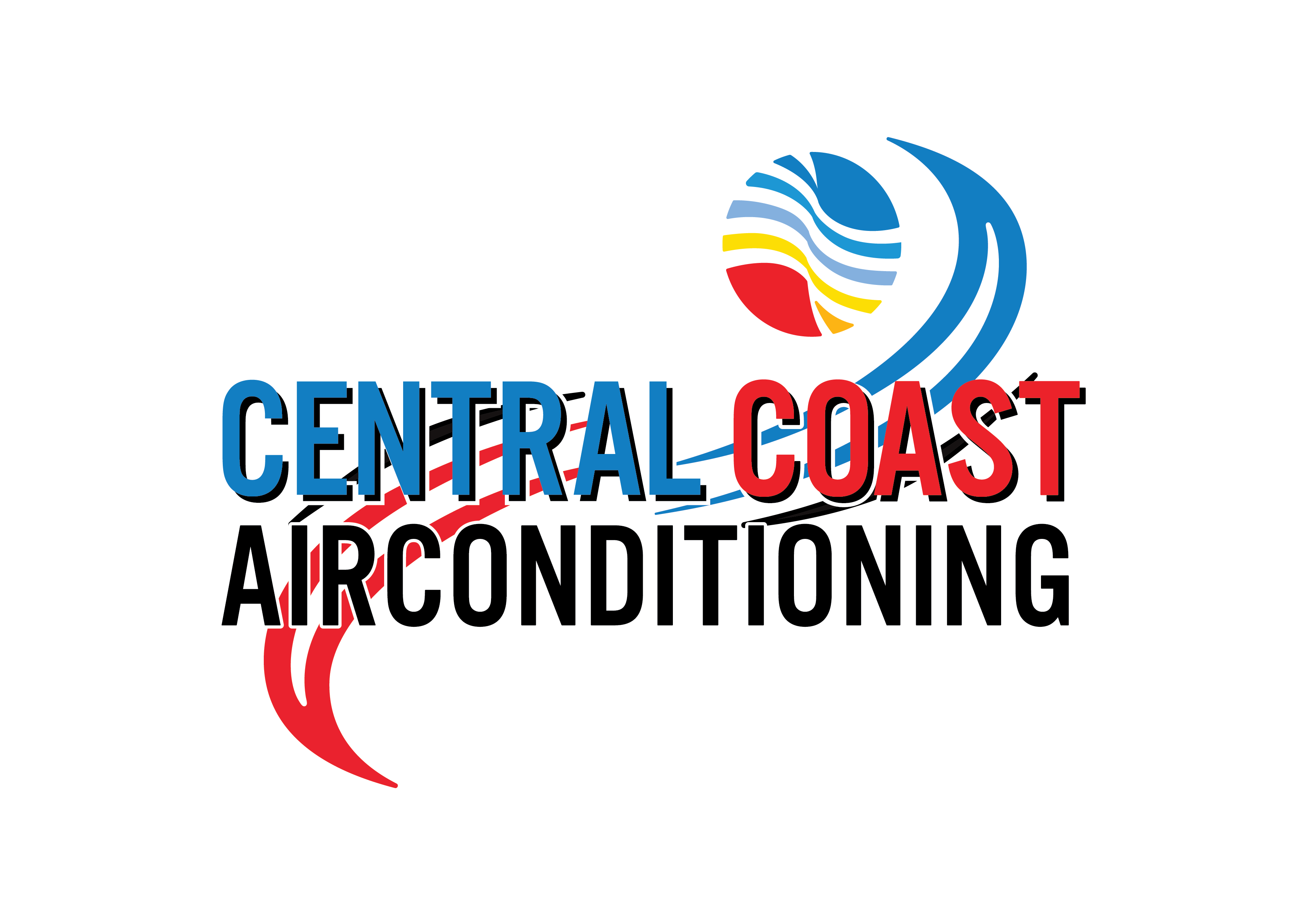The Benefits of Regular Air Conditioning Maintenance for Homeowners
Maintaining your air conditioner is essential for its longevity and optimal performance. Just like any other machinery, regular maintenance helps identify minor issues before they become major problems, saving you time, and money, and ensuring a comfortable and efficient cooling experience.
At Central Coast Air, we have been servicing the Central Coast region for over 46 years, and we understand the importance of regular air conditioning maintenance. In this article, we will explore the benefits of regular maintenance and why it is crucial for homeowners.
Enhanced Performance and Efficiency
Regular maintenance ensures that your air conditioning unit performs at its best, especially during the months when you rely on it the most. By keeping your system clean and well-maintained, you can trust that it will cool your home effectively, providing a comfortable living environment for you and your family.
Additionally, a well-maintained unit operates more efficiently, reducing energy consumption and potentially lowering your utility bills.
Early Detection of Issues
One of the significant advantages of regular maintenance is the ability to detect and address minor issues before they escalate into major, costly repairs. During a maintenance visit, our experienced technicians will inspect your air conditioner, identify any potential problems, and perform necessary repairs or adjustments.
By addressing these issues early on, you can avoid sudden breakdowns and extend the lifespan of your air conditioning system.
Improved Indoor Air Quality
Regular air conditioning maintenance helps improve indoor air quality by keeping the system clean and reducing the accumulation of dirt, dust, and allergens. A clean air filter ensures that the air circulating in your home is free from pollutants, benefiting those with allergies or respiratory conditions. By maintaining your air conditioner, you create a healthier living environment for you and your family.
Cost Savings
Investing in regular maintenance may seem like an additional expense, but it can save you money in the long run. By detecting and resolving minor issues early on, you can prevent them from developing into major problems that require costly repairs or even the replacement of your air conditioning unit. Moreover, a well-maintained system operates more efficiently, resulting in reduced energy consumption and lower utility bills.
Recommendation for Maintenance Frequency:
It is generally recommended to have your air conditioning system serviced and inspected at least once a year. However, the exact frequency may vary depending on factors such as usage patterns and the presence of any ongoing issues. To determine the ideal maintenance schedule for your air conditioner, we recommend contacting Central Coast Air Conditioning for a personalised recommendation.
Regular air conditioning maintenance offers numerous benefits for homeowners, including enhanced performance, early issue detection, improved indoor air quality, and cost savings. Don’t overlook the importance of maintaining your air conditioning system, as it can lead to unnecessary expenses and discomfort.
Contact Central Coast Air Conditioning today to schedule your air conditioner maintenance and ensure a cool and comfortable living space throughout the year.

